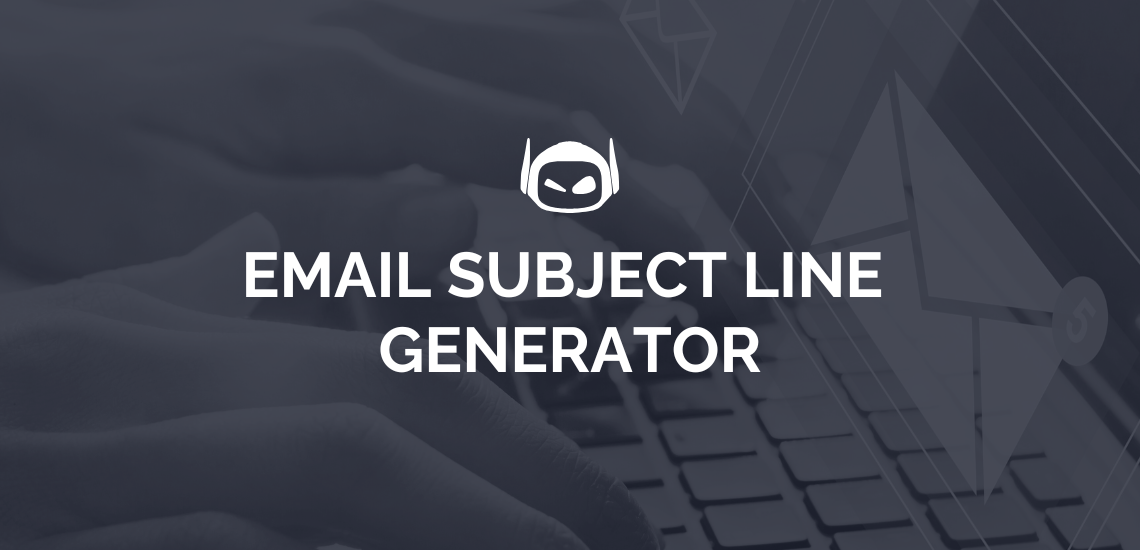
Email marketing is the key to making your business thrive,...
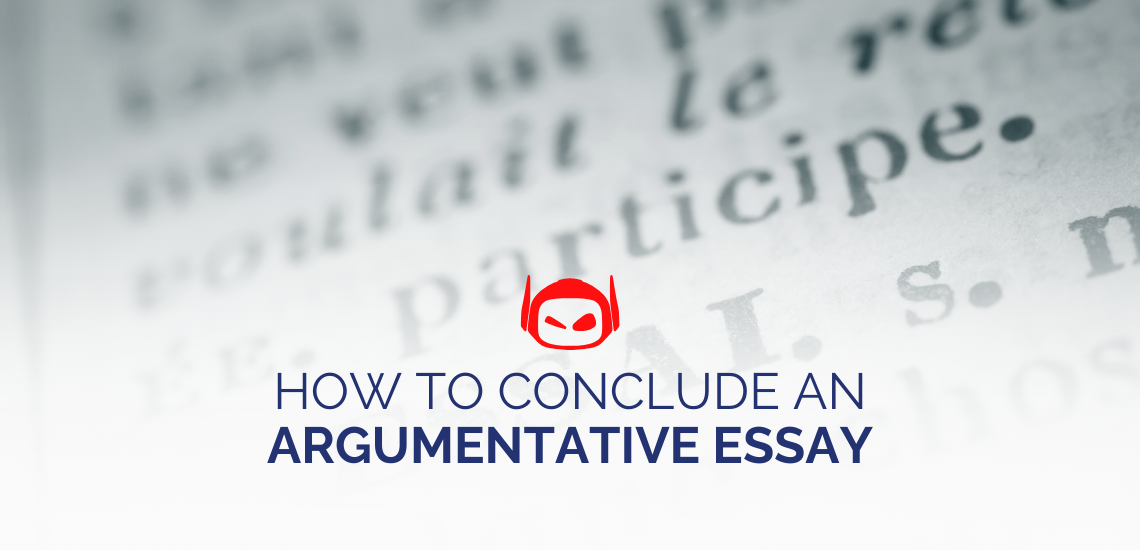
General Guide About Content and Writing
No matter how interesting an argumentative essay topic is, sometimes...

General Guide About Content and Writing
Rushed off your feet with tight deadlines? Looking for ways...

Starting a business takes time. There’s so much to consider....

General Guide About Content and Writing
If you’re running a business or are working in academia,...

General Guide About Content and Writing
Learning how to write a book the correct way makes...
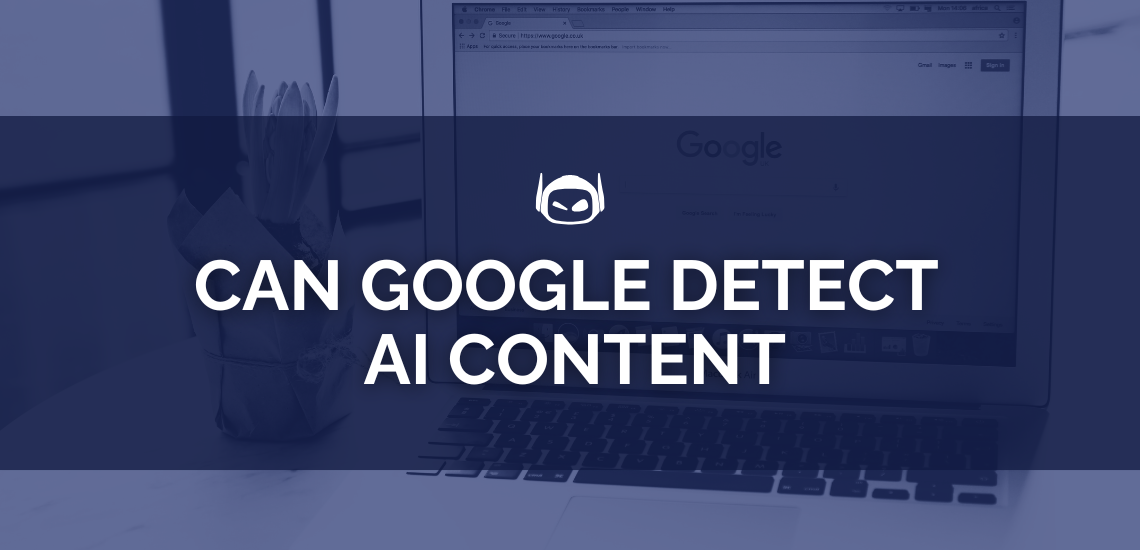
General Guide About Content and Writing
The rules regarding content creation are changing so frequently now...

The topic of SEO content and AI has appeared in...
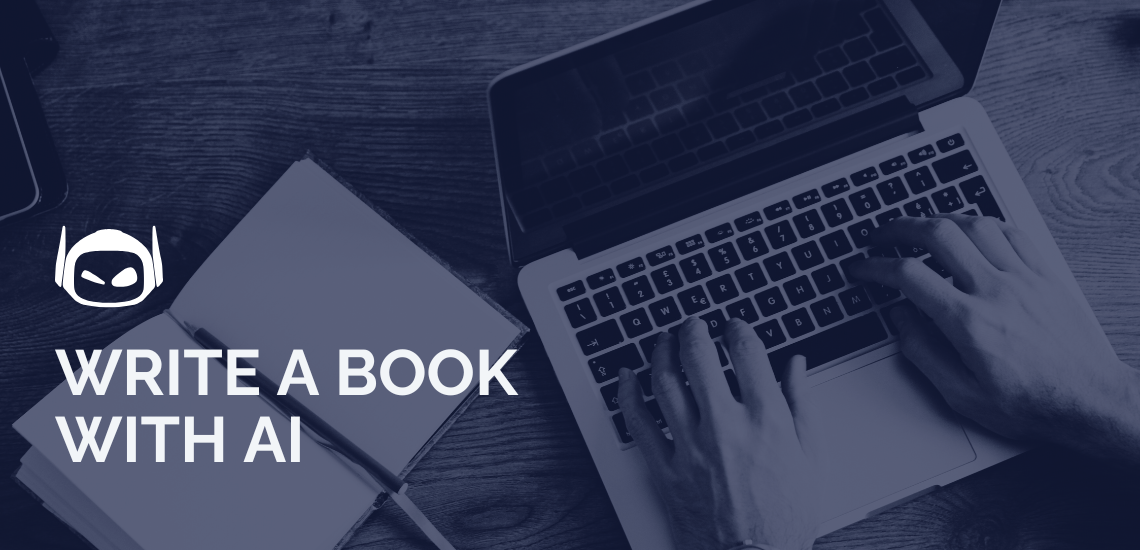
General Guide About Content and Writing
Are you facing writer’s block or need help coming up...
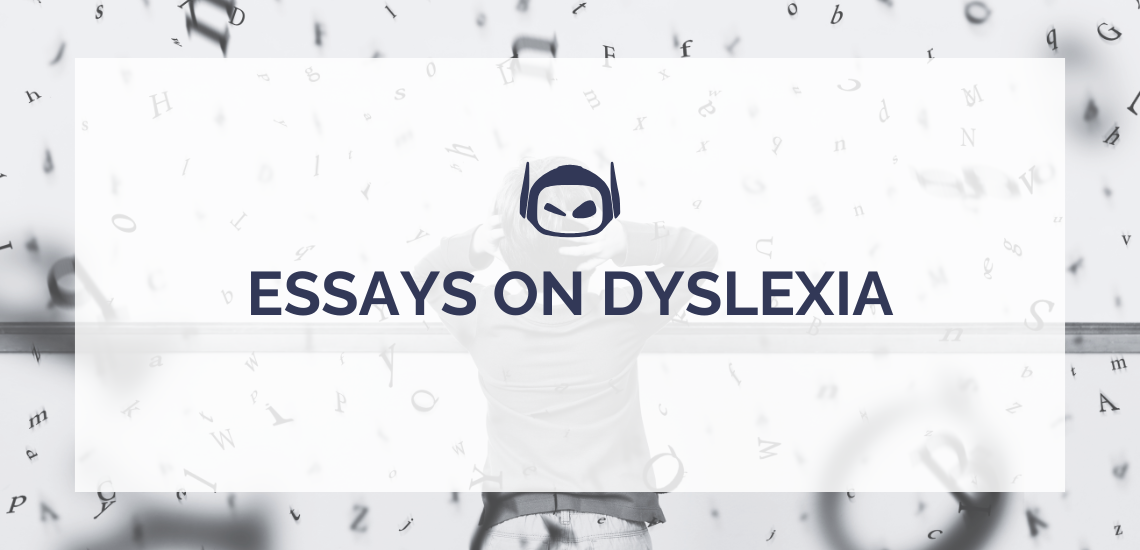
General Guide About Content and Writing
Dyslexia is a language-based learning disability that affects many people....